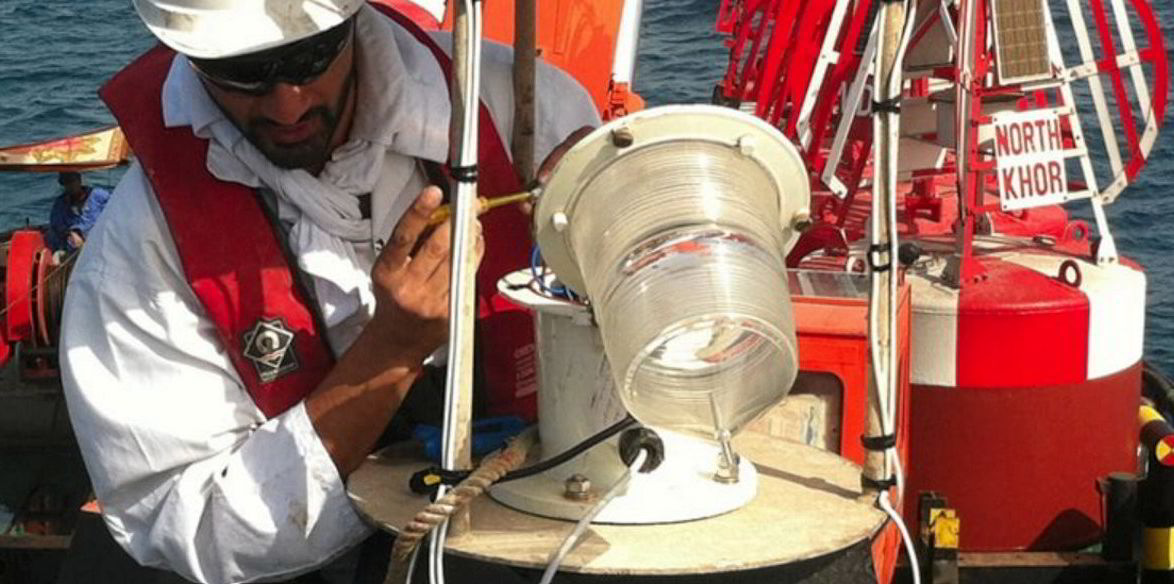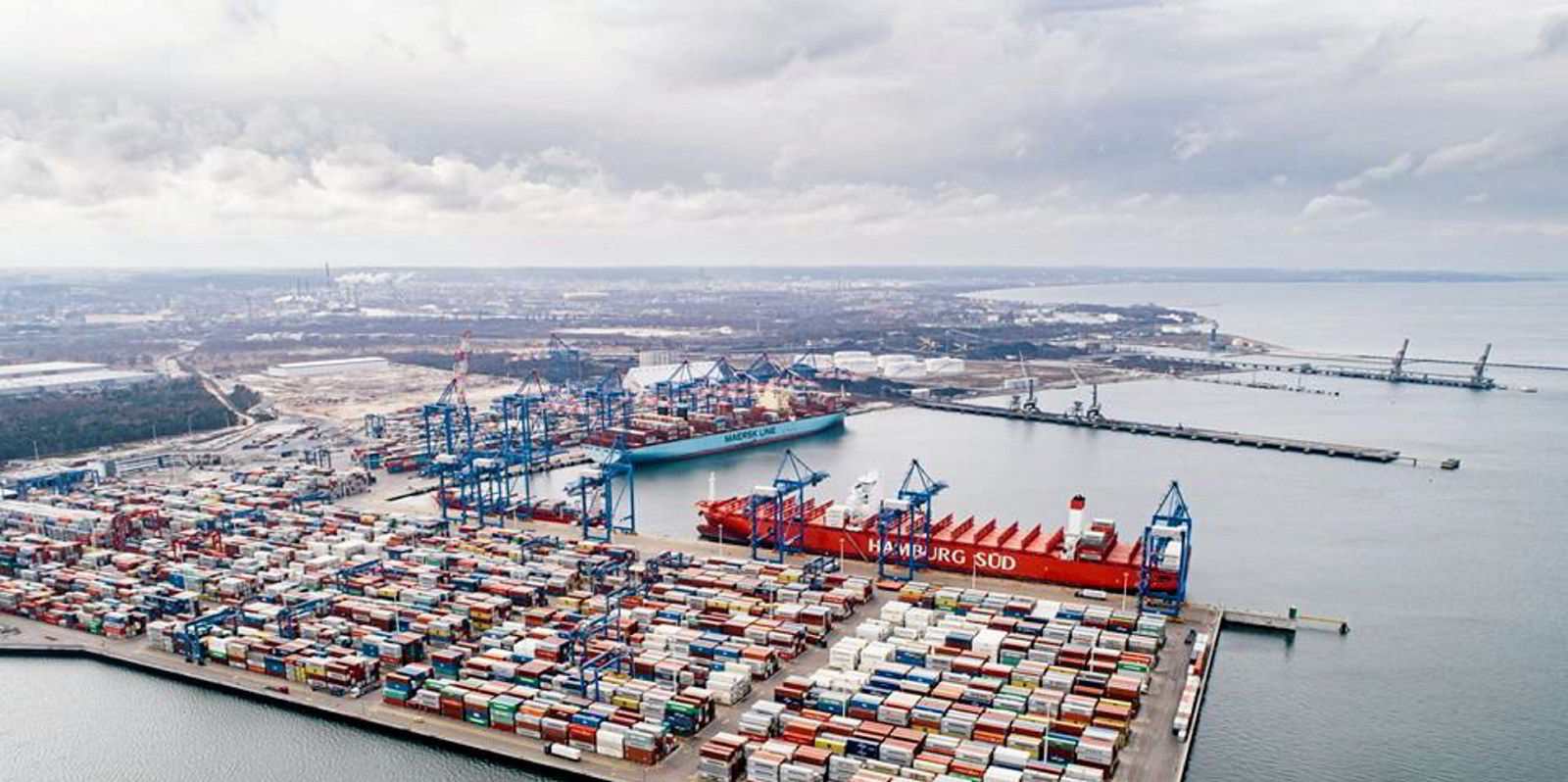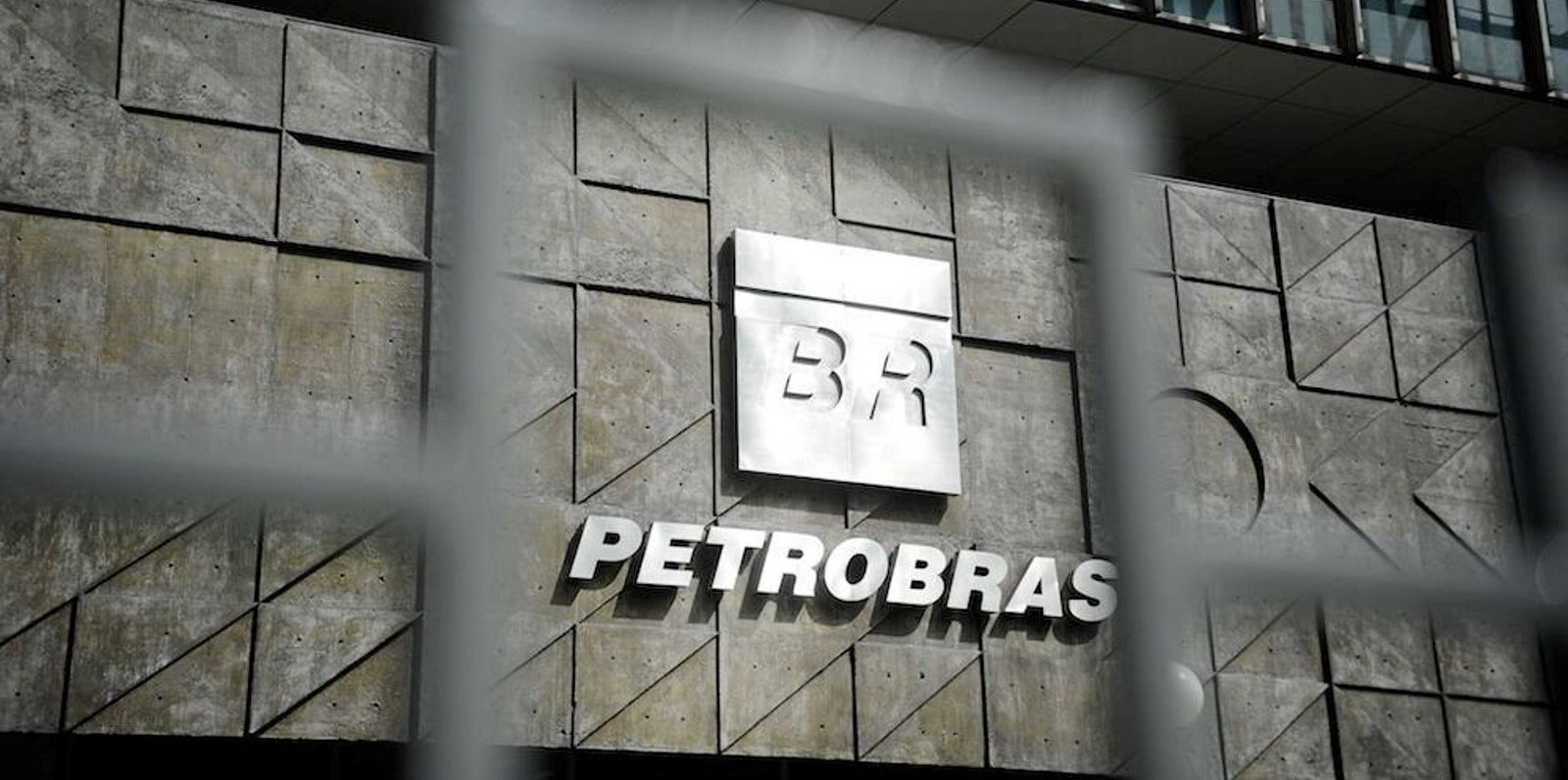The organisation that maintains and operates navigation aids in the Middle East has been forced to raise its charges after 17 years.
Rising costs for the International Foundation for Aids to Navigation (IFAN) also means a wider pool of vessels will be asked to pay navigational dues (nav dues) in the region.
Subsidiary Middle East Navigation Service (MENAS) had to review its funding to make sure it can continue to help keep seafarers safe and protect the marine environment in the Middle East Gulf, TradeWinds is told.
MENAS has been providing services to one of the busiest trade lanes in the world since 1951, supplying seafarers with essential information regarding the location, route, and configuration of obstacles and hazards.
This is because the Middle East states do not participate in the process.
Work involves buoys, lighthouses and radar beacons.
Fees are paid by shipowners relative to the net tonnage of ships at their first port of entry into the Gulf.
These have been unchanged since 2006.
But expenses like materials, salaries and energy have risen, particularly in the last two years.
Some major equipment such as DGPS transmitters has also had to be replaced.
“We have worked very hard to keep the nav dues charges at the same level since 2006 but due to the rising costs involved, we feel we have no other option than to increase them, because we want to provide the same services at the same quality,” said Peter Stanley, IFAN chief executive.
May not be welcomed
“I appreciate the extra cost may not be welcomed by shipowners, but we have to implement the tariff charge to ensure the safe navigation of vessels in the Gulf and the protection of the region’s marine environment,” he added.
The hike of 21% applies from 1 October and will be reviewed annually.
“If we looked at dollar price inflation since 2006, if we would have kept pace with inflation it would have been 51%. So, we’re not passing on everything. We believe that this increase feels about right,” Stanley told TradeWinds.
“And through the combination of the rate change and also the tonnage fields changing slightly, that should hopefully give us what we need for a sustainable future for MENAS,” he said.
In recent years, MENAS has witnessed a trend of [owners] using smaller vessels, which currently do not pay dues, and some of these frequent users have quite significant fleets,” he added.
He views it as only fair that these should now contribute towards the services.
Charges will apply to vessels of 8,000 net tonnes and above, against 15,000 net tonnes previously.
“We’ve plotted the movement data over three years and we’ve seen an average ship size start to reduce. We think it’s probably because as the cargo volumes come down it’s more economical to put it on smaller vessels,” Stanley added.
Small ships should share the burden

“As the industry goes that way, I think it would be remiss of us not to turn around and say, okay, well, you know, if there’s more or smaller ships being used then perhaps they ought to carry some of the burden of the costs of providing these essential services,” he added.
He reckons another 70 vessels a week will come under the charges.
An 8,000-tonne vessel - a small handymax - will pay $160 per port call.
“So, it’s not big bucks but it really just helps us along the way and makes a positive contribution to providing safe navigable waters,” Stanley told TradeWinds.
At the top of the scale, the threshold for the biggest ships will move up from 40,000 tonnes to 49,999 tonnes, essentially a suezmax size.
These will pay $999 per port call.
The price applies for 60 days. A VLCC and the other largest ships will be limited at that level.
Stanley said: “We know that reputable shipowners will be committed to good safety standards, also bearing in mind SOLAS chapter V obligations, and trust they will understand the reasons for these changes.”
IFAN’s board members from some of the biggest shipping companies and oil and gas companies have been consulted.
‘A little bit conflicted’
“You might say they’re a little bit conflicted, but they do sit at the table with their independent IFAN company hat on and say this sounds fair and reasonable,” Stanley said.
“What we have done is spoken to all our major agents and got a sense of how they feel the market will react to the change and what do they anticipate the response will be. They again understood the argument, said it’s fair and reasonable, given the general economic environment and that the service is essential,” he added.
The CEO said: “They’ve given us a little bit of a raised eyebrow, shall we say, over the ships that have never paid before.”
“But I think if we put forward our arguments and say that they’ve been receiving a service all the time that they’ve been in the Gulf, hopefully it should convince them that what we are providing is worthy of the $160 a port call,” he added.






